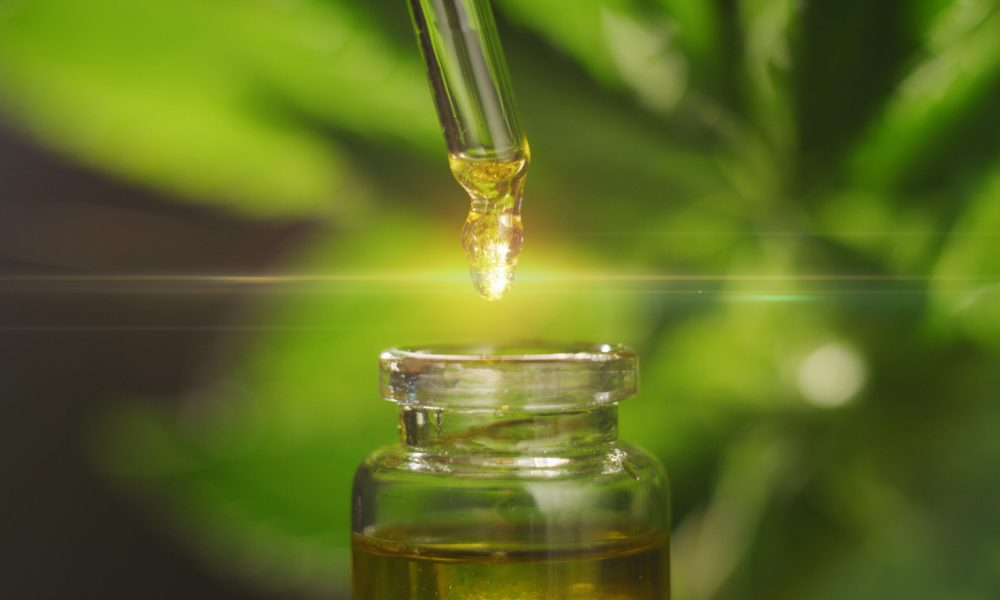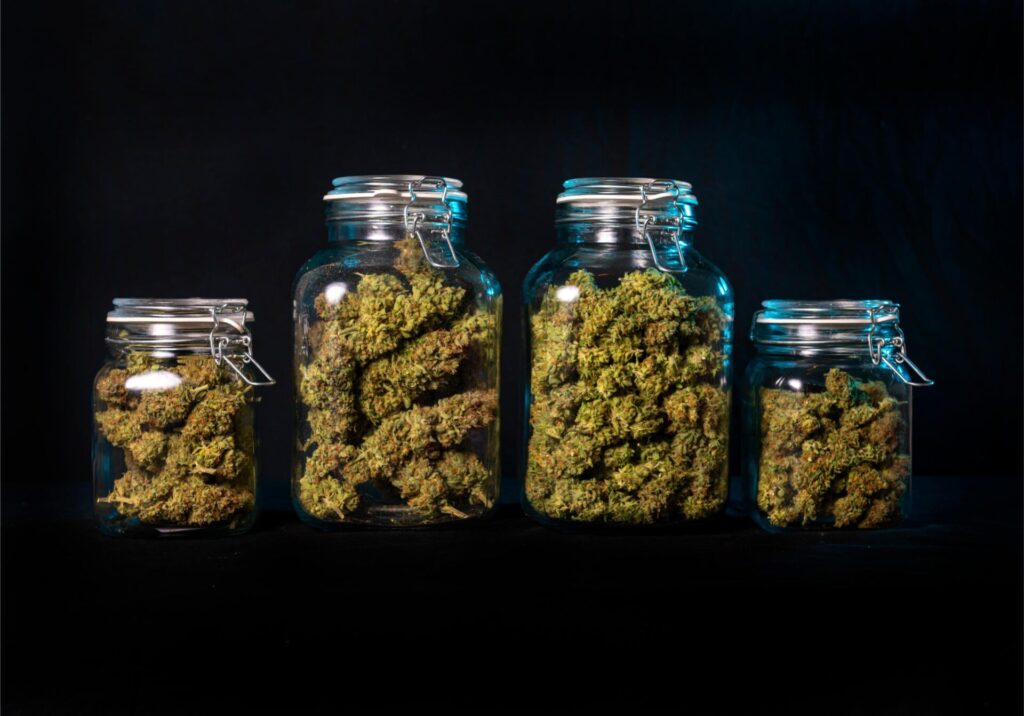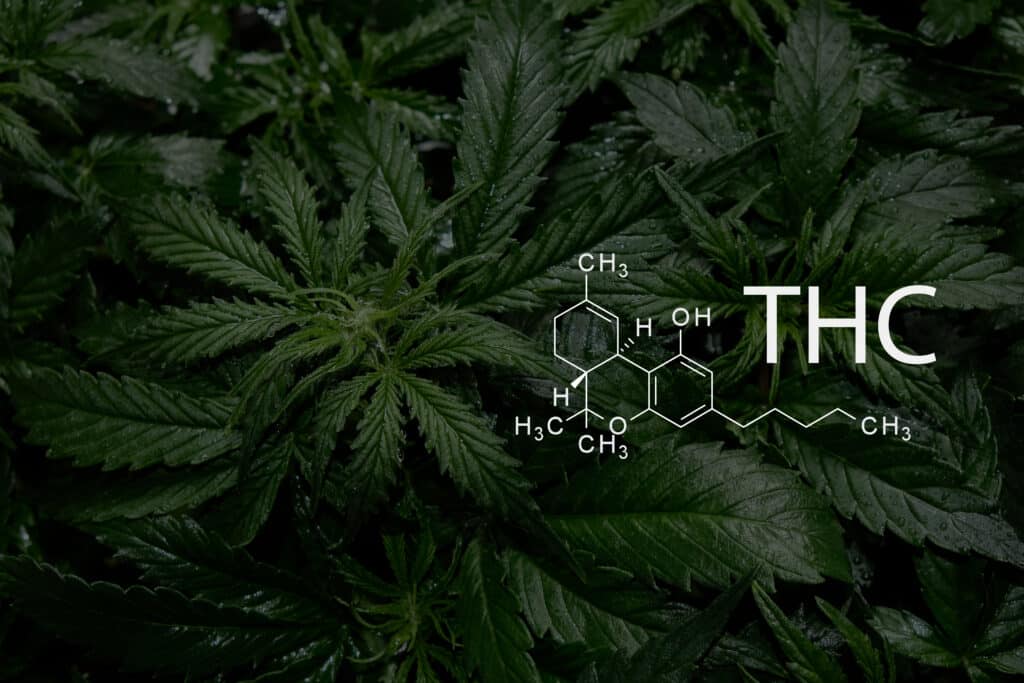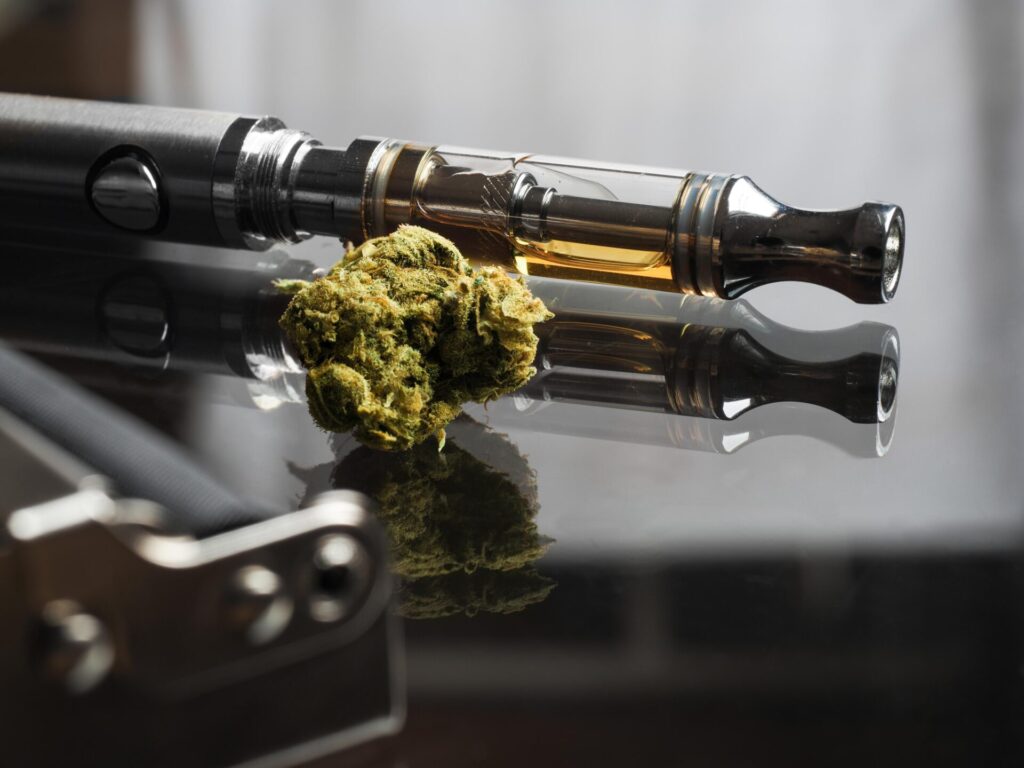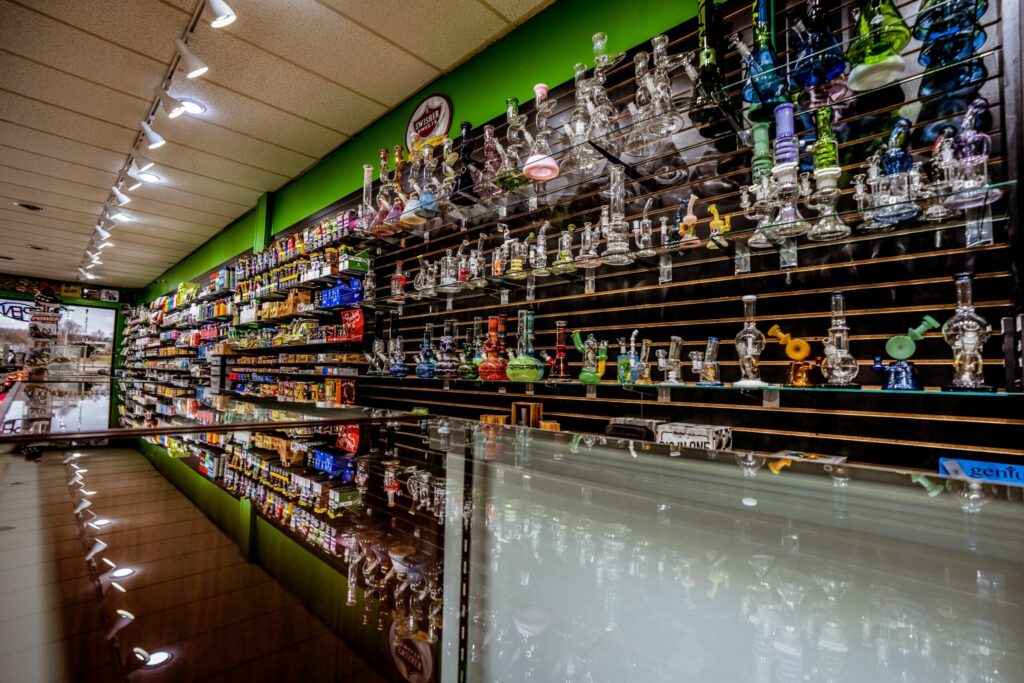In recent years, the popularity of hemp-derived CBD (cannabidiol) products has surged, promising a range of potential health benefits and wellness properties. CBD, a compound found in the cannabis plant, has gained traction for its purported therapeutic effects, leading to a booming market for various CBD-infused products. However, navigating the legal landscape of hemp-derived CBD can be a complex and evolving challenge, influenced by federal and state regulations, agricultural policies, and evolving interpretations of existing laws.
Understanding the Legal Basis: Hemp vs. Marijuana
At the core of the legal landscape surrounding CBD lies the distinction between hemp and marijuana. Both are variants of the cannabis plant but are differentiated by their chemical makeup and the levels of THC (tetrahydrocannabinol), the psychoactive compound responsible for the “high” associated with marijuana.
Hemp is defined under federal law as cannabis containing no more than 0.3% THC on a dry weight basis. The passage of the 2018 Farm Bill was a pivotal moment for the hemp industry in the United States, legalizing the cultivation, production, and sale of hemp and its derivatives, including CBD, as long as they meet the specified THC threshold.
On the other hand, marijuana remains classified as a Schedule I controlled substance under federal law, irrespective of its THC content. This categorization makes the cultivation, possession, and distribution of marijuana illegal at the federal level, although individual states have established varying degrees of legalization for medical and recreational use. We are not lawyers, and no part of this article is meant to be legal advice.
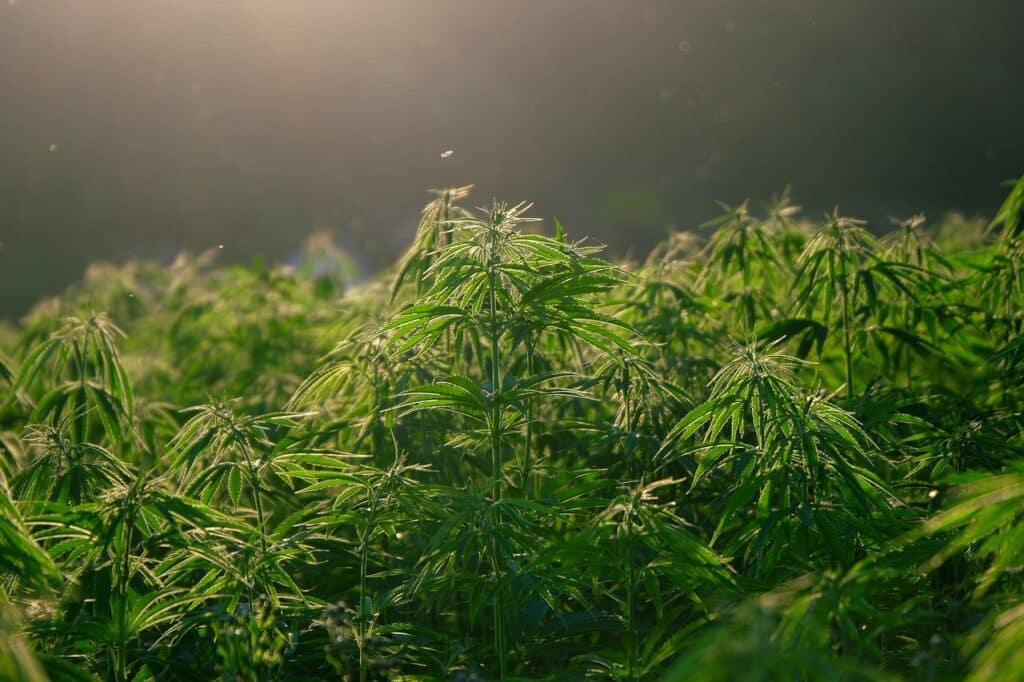
Federal Regulations: The 2018 Farm Bill and FDA Oversight
The 2018 Farm Bill marked a turning point, removing hemp from the list of controlled substances and allowing for the legal production and sale of hemp-derived CBD products across the nation. This legislation granted states the authority to develop their hemp cultivation programs, subject to the U.S. Department of Agriculture (USDA) approval.
However, despite the legalization of hemp, the regulatory framework for CBD products remains a work in progress. The Food and Drug Administration (FDA) retains authority over the regulation of CBD as a pharmaceutical ingredient, food additive, and dietary supplement. As of now, the FDA has only approved one CBD-based medication, Epidiolex, for the treatment of certain types of seizures.
The FDA has raised concerns about the proliferation of unregulated CBD products, citing potential risks to public health due to mislabeling, contaminants, unsubstantiated health claims, and varying levels of CBD concentration. While the agency continues to explore regulatory pathways for non-pharmaceutical CBD products, the market remains largely unregulated, leaving consumers and businesses in a state of uncertainty.
State Laws and Regulations: Varied Approaches
In the absence of comprehensive federal guidelines, individual states have taken divergent approaches to regulate hemp-derived CBD within their jurisdictions. Some states have aligned their laws with federal provisions, allowing the production and sale of CBD products in compliance with the 2018 Farm Bill.
Conversely, other states have implemented more stringent regulations, imposing additional restrictions on CBD-infused goods, such as limitations on allowable THC content, labeling requirements, and licensing for manufacturers and retailers. This patchwork of state laws contributes to a complex and sometimes contradictory landscape for CBD businesses operating across different states.
Legal Challenges and Uncertainties
Despite the progress made with the legalization of hemp and its derivatives, several legal challenges and uncertainties persist in the CBD industry. One of the primary concerns revolves around the lack of clarity from federal agencies, particularly the FDA, regarding the regulatory framework for CBD products intended for human consumption.
The absence of standardized testing, labeling requirements, dosing guidelines, and quality control measures poses risks to consumers and undermines the industry’s credibility. Additionally, the discrepancy between federal and state laws creates ambiguity for businesses seeking to comply with regulations while operating in multiple jurisdictions.
Moreover, the evolving nature of legislative and regulatory changes adds another layer of complexity. As lawmakers and regulatory bodies continue to grapple with issues related to CBD, including consumer safety, product efficacy, and market oversight, the legal landscape remains dynamic and subject to ongoing modifications.
Industry Outlook and Recommendations
Despite the legal uncertainties, the hemp-derived CBD market continues to expand, driven by increasing consumer demand for natural wellness products. Industry stakeholders, including manufacturers, retailers, advocacy groups, and policymakers, have a vested interest in establishing clear and uniform regulations that prioritize consumer safety without stifling innovation and market growth.
To navigate the legal landscape effectively, CBD businesses should stay abreast of federal and state regulations, engage in transparent and compliant practices, prioritize product quality and safety, and advocate for regulatory clarity through industry associations and collaborations.
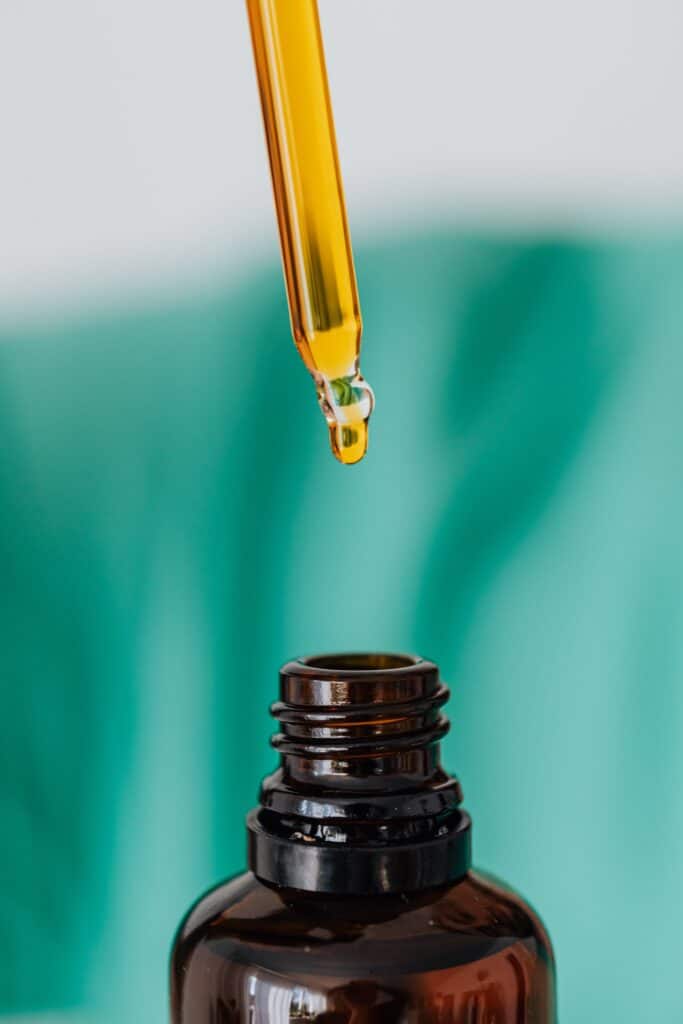
Final Thoughts on the Legal Landscape of Hemp-Derived CBD
The legal landscape surrounding hemp-derived CBD is multifaceted and constantly evolving, shaped by federal legislation, regulatory oversight, and state-level initiatives. While the 2018 Farm Bill marked a significant milestone for the industry, challenges persist in establishing consistent and comprehensive regulations that ensure consumer safety and foster a thriving market.
As the CBD market continues to mature, stakeholders must work collaboratively with policymakers and regulatory bodies to address the complexities and uncertainties, paving the way for a transparent, regulated, and responsible industry that delivers safe and high-quality CBD products to consumers. Visit one of our locations today, and our educated and experienced staff can help you with your CBD journey.
